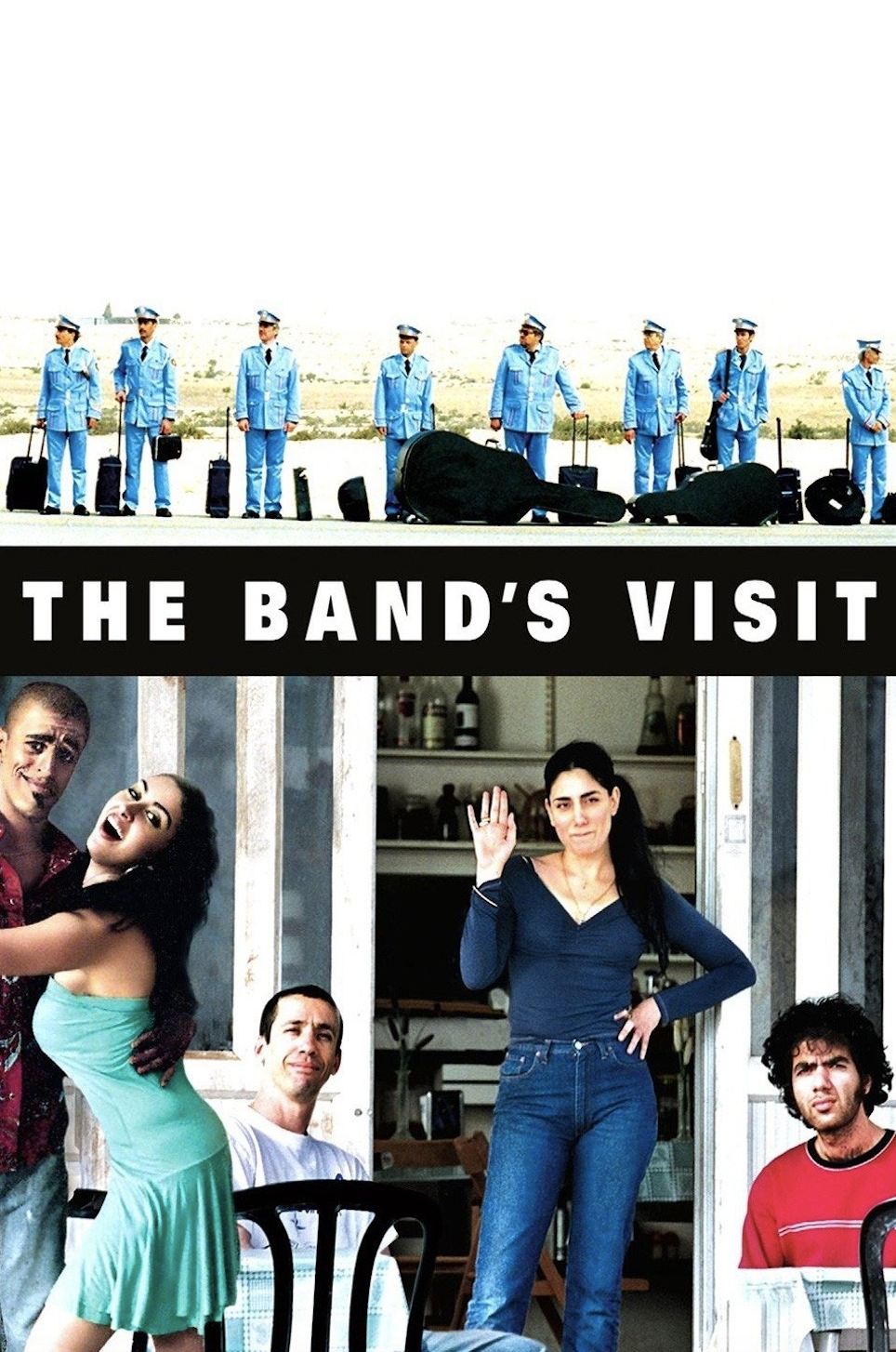Playing at the Ethel Barrymore Theatre and set in the fictional Israeli town of Bet Hatikva, Broadway show, “The Band’s Visit” tells the story of an Egyptian band getting lost in Israel and the unlikely relationships its members form with local Israelis. The show focuses around these relationships, with a goal to discuss the transcendence of cultural differences through the unifying power of music, giving prominence to that which connects people regardless of nationality and culture.
The musical poignantly highlights the cultural divides that exist between the two parties of the story. The plot is set in motion when the Alexandria Ceremonial Band, who intended to go to the Arab Cultural Center of Petah Tikva for a performance, accidentally end up in a tiny, remote settlement.
The band would not have mistakenly boarded the wrong bus, if it were not for a linguistic miscommunication. In the Arabic language, there is no “p” sound – it is regularly replaced with a “b,” which resulted in confusion between Petah Tikva and Bet Hatikva for the Egyptians. While the confused back-and-forth between the Israeli ticket-clerk and the Egyptian is humorous, the fact that the entire plot is set into motion by a linguistic error underscores the differences which arise from cultural divides.
The true success of “The Band’s Visit” is in it’s portrayal of transcending differences. The two sides are unable to communicate in either of their native languages, and so they meet halfway, speaking to each other in somewhat-broken English. For the English-speaking audience, this is necessary for literal understanding, but it also plays a thematic role in showing how English, and more broadly American culture, plays a mediating role between the two parties, which are also brought together through American music and pop-culture. However, the show is not a celebration of Western culture, but rather about the power of music and melody.
In a defining scene, the two protagonists, the Israeli hostess Dina and Egyptian band-leader Tewfiq, are sitting side by side when Dina asks what it feels like to conduct the orchestra. Tewfiq begins to answer in words, stumbling, a few times, opting to mimic the motions of a conductor. As he does so, the real-life orchestra of the theater began to play, with Dina joining him, entranced by the music. When they stop, Dina is almost at a loss for words, saying, “That felt like the most important thing in the world.”
The scene struck to the core of what the show is about, the basic aspects of the human condition through which all people, regardless of culture or nationality, can connect. It can be argued that above all, the show is about music and its ineffable power to bridge the gaps of culture. After all, the astounding differences between the Egyptian band and Israeli townspeople should have prevented any real connections from taking place. However, connections do form, and music serves as the primary mediating force, allowing all cultural differences to become irrelevant and for each character to face the other, not as a representative of his or her people, but as an individual.
“The Band’s Visit” successfully demonstrates the power of music, and how all people, regardless of culture, can connect via song. The score was enchanting, the on-stage performances were enrapturing, and the unlikely relationships formed presented the value of placing people’s individuality over their race, religion and ethnicity. In this way, it is a celebration of the deep-rooted humanity which exists across all cultures.














